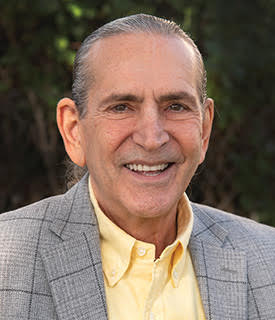Did you know health issues you have today could be related to past childhood trauma? Knowledge of this connection helps us to realize how sensitive children are during developmental years. Trauma doesn’t only affect them emotionally, but physically as well. Early adversity can affect a person’s health for a lifetime.
As a part of a study, 17,500 adults were asked about their history with Adverse Childhood Experiences (ACE). ACE’s include: physical, emotional, and sexual abuse, physical and emotional neglect, parental mental illness, parental substance dependence, parental incarceration, parental separation/divorce, and domestic violence. For every “yes” answered, they got a point added to their ACE score. The study compared the adults ACE scores with their health outcomes. There was an interesting connection.
ACE’s are very common, 67% of adults had at least one, while 12.6% had 4 or more ACE’s. The study showed that the higher the ACE score, the worst health outcomes the adults had. People with 4 or more ACE scores are 2.5x more likely to develop chronic obstructive pulmonary disease, 2.5x more likely to get hepatitis, 4.5x more likely to suffer from depression, and have a12x greater risk of suicide. Those with ACE scores of 7 or more are 3x more at risk of lung cancer and 3x more at risk of ischemic heart disease (the #1 killer in America).
Some people look at this and think, “Yes, if you have a rough childhood, you’re more likely to drink and smoke and do things that ruin your health. That’s just bad behavior.” The truth is, this is science. There is science that proves early adversity affects developing brains and bodies of children. It affects the reward system part of the brain that influences substance dependence. It affects the part of the brain that controls impulse and executive decision making. It affects the fear response center.
Yes, those who grow up in adverse situations are more prone to high risk behaviors, but it turns out that even if you don’t engage in high risk behaviors, you’re still more likely to develop heart disease or cancer. How so? This happens because of the brain and body’s stress response center that governs our fight or flight impulse. This serves a great purpose in saving our lives in situations like getting attacked by a bear, but what if there is no bear? What if we always feel like there’s a bear ready to attack us everyday? When stress hormones are triggered repeatedly, it becomes harmful. These harmful stress hormones always being activated affects the development of a children’s brain, hormones, and immune system.
Children should be screened for ACE’s and those who test positive should be treated differently with home visits, mental health care, nutrition, holistic intervention, and parental education about ACE’s and toxic stress. It’s important we care for children especially in developmental years.
If you have a child living with adverse childhood experiences or if you’re struggling with your own past childhood trauma, please contact Crownview Medical Group to get in touch with a medical professional who can provide the care need for your individual needs.
Source:
https://www.ted.com/talks/nadine_burke_harris_how_childhood_trauma_affects_health_across_a_lifetime#t-63903
























